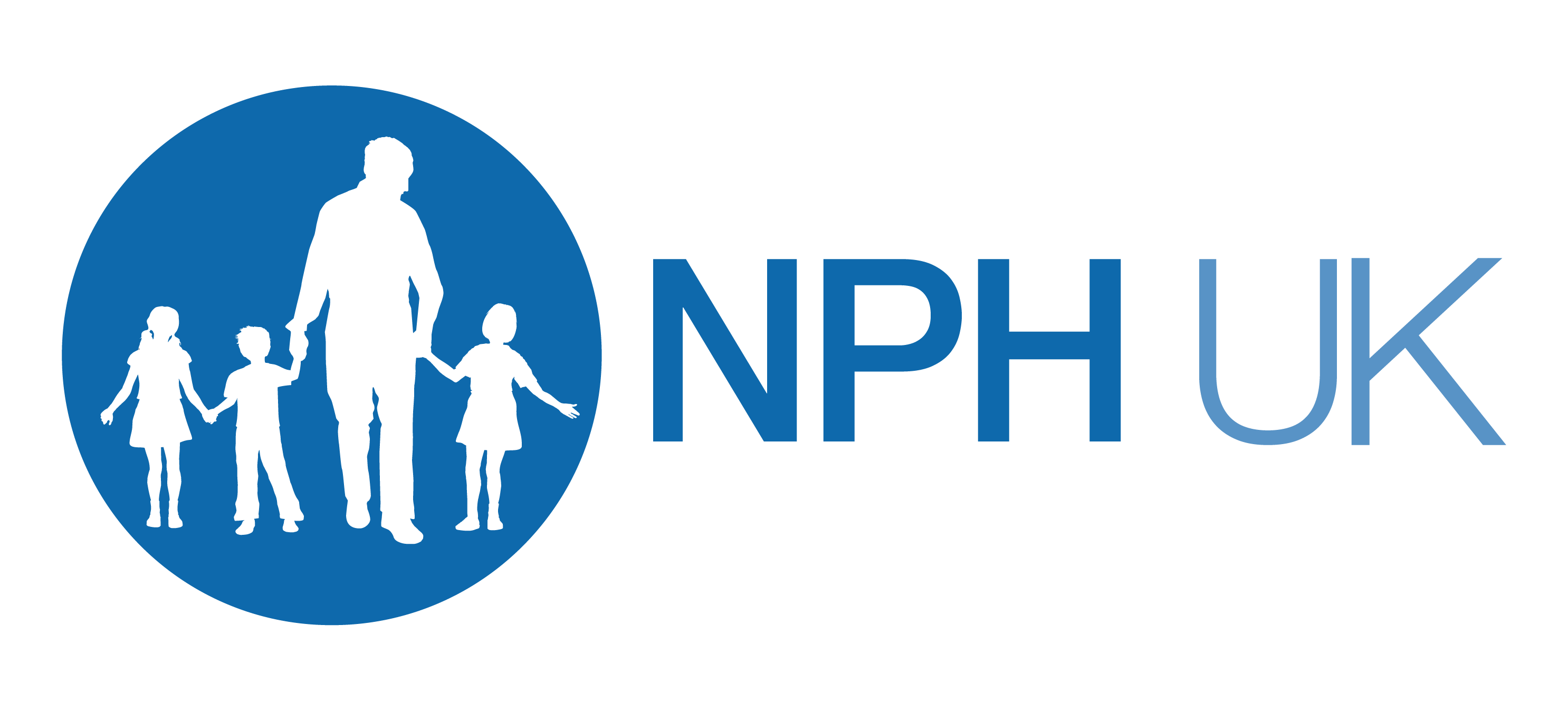What is NPH?
NPH is working to eliminate poverty by providing a stable family, where value is placed on education, work and responsibility. In this way we support orphaned and disadvantaged children to become productive members of their communities. This helps to break the cycle of poverty.
Mission Statement
NPH is dedicated to improving the lives of orphaned, abandoned and disadvantaged children through childcare programmes in Latin America and the Caribbean.
What makes NPH different?
NPH is dedicated to improving the lives of vulnerable children in Latin America and the Caribbean. We keep siblings together and we don’t offer children for adoption. Additionally we help them prepare to achieve their full potential after childhood. These are just 3 of the many features that make NPH distinctive. Read more about what makes NPH different and why you should become part of the family.
What does “pequeño” mean?
It is Spanish for “little” or “child.” “Pequeños” refers to a group of boys and girls or more than one boy. “Pequeña” and “pequeñas” refers to one girl and a group of girls,
Where are the NPH homes located?
There are NPH homes in 9 countries: Bolivia, the Dominican Republic, Guatemala, El Salvador, Haiti, Honduras, Mexico, Nicaragua and Peru.
How many children are in the care of NPH?
Since its founding in 1954, NPH has cared for over 20,000 children. Currently NPH is raising over 3,400 children in its homes. An additional 1,600 students who live outside the homes receive scholarships, meals and health care. In 2016, NPH provided more than 100,000 services through community outreach programmes.
Are the children adoptable?
NPH does not raise children for adoption. The children who find their way to NPH have been orphaned, abused, shuffled from one family member to another. Like all children, they are seeking love and security, a place they can call home. When they come to NPH, they have the certainty of a stable home and a family. The children grow and learn in their culture and language. They become contributing citizens in their own countries. Also, many children arrive with several brothers and sisters; NPH promises to keep them together as a family.
In several countries where NPH works, children in residential care are considered by law to be adoptable. In such instances, we support the efforts of the local authorities to place children in caring families through official adoption or foster care programmes.
Do the children have contact with their families?
Most of the children have contact with their extended families. There are scheduled “Visitors Days” during the year when children have visitors. The families arrive and spend the day on the NPH grounds. They usually bring food and drinks. The families generally consist of older siblings, uncles, aunts, cousins, and sometimes a parent or grandparent. Older teens usually have a free day, when they can visit their family if they wish.
How long do the children stay at NPH?
There is no fixed age at which the children leave NPH. They stay until they feel prepared to live independently. It also depends on the child and how far they want to pursue their education. Some children may leave NPH and start working after finishing secondary school. Others may stay and attend high school, take vocational training or study at a university. Additionally, when a child has completed their education, or perhaps before going on to higher academics, they are expected to give back to their family. They do this by completing a year of service (año de servicio or año familiar). In almost all cases they gladly return to work with younger children, serve in the kitchen, offices, school or farm. During their year of service they continue to be supported by NPH.
Is there a religious affiliation?
NPH gives children an upbringing in keeping with Christian values. NPH homes are located in countries that are predominately Catholic, so most of the children receive Catholic religious instruction. If a child is of a different faith, they are given the assistance to continue that faith.
How can I help?
There are many ways to help!
- Make a one-off or recurring donation
- Make a gift in someone’s name
- Name NPH UK as a beneficiary in your will, trust or life insurance policy
- Donate for a specific project
Contact us to find out how you can help with any of the above.
Can I volunteer for NPH?
Yes! Volunteers make it possible for NPH to support orphaned, abandoned and disadvantaged children in Latin America and the Caribbean. We use volunteers for committees, special events, general office help and translating letters to children. Volunteering for NPH can count towards community and school service requirements. Volunteer schedules are flexible and you may work as much or as little as you want. Please note that we support the NPH programmes and homes through fundraising and volunteer efforts; we do not work directly with children in our offices. Contact us if you are interested.
May I volunteer at an NPH home?
Yes! NPH accepts volunteers for a minimum of a one-year commitment. See more information on the International Volunteer Program. You can also contact us if you are interested.
How can I report concerns of child abuse?
If you become aware of child abuse or experience it personally at any NPH facility, please contact us so that we can take prompt action. Ensuring the safety and well-being of the children in our care is at the heart of NPH’s family childcare model. Read more about child protection at NPH
